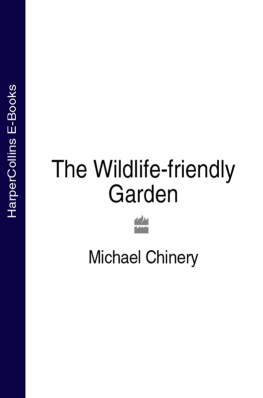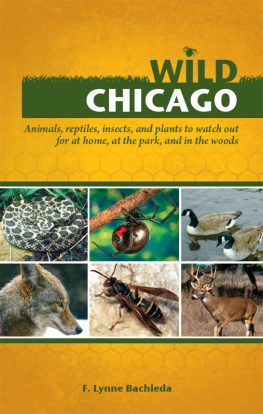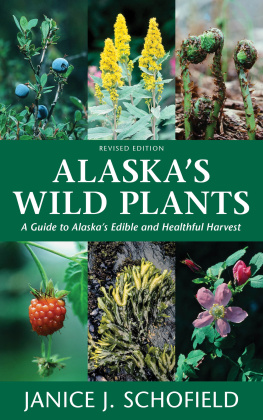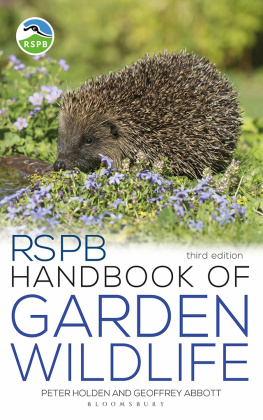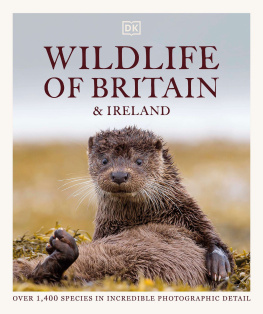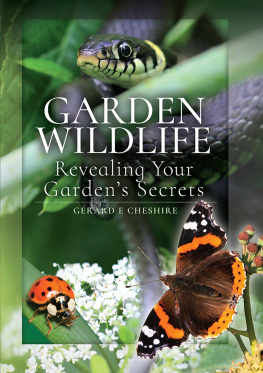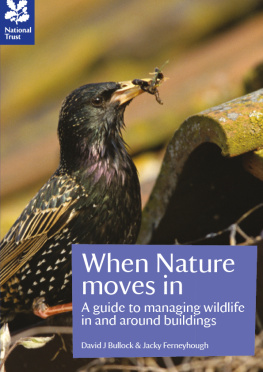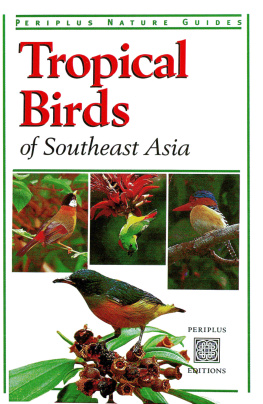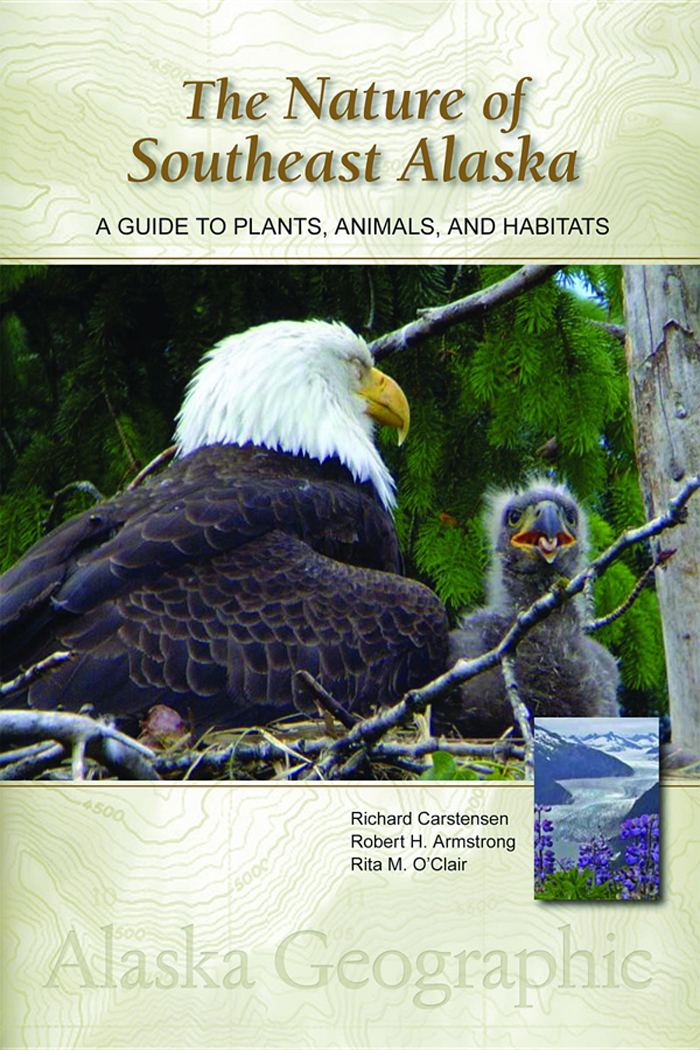Praise for THE NATURE OF SOUTHEAST ALASKA:
Unlike the standard nature guides that explain how to recognize common animals, Nature stresses the web of interrelationships that link the regional flora and fauna. This affectionate examination of some of North Americas most spectacular surviving old-growth forests will delight backpackers and armchair naturalists.
Los Angeles Times Book Review
This is one book you must have along if youre planning to get marooned on a deserted Southeast Alaskan island. Since the authorslongtime Southeast teachers and biologistshave pondered everything in the Tongass from giant glaciers to the smallest no-see-ums, this book is probably the most comprehensive treatment you can get of the flora, fauna, and habitat of Southeast.
Ketchikan Daily News
The Nature of Southeast Alaska does a good job at weaving together scientific research, personal observations, and down-to-earth writing.
Sitka Sentinel
The authors write with humor and insight on a range of natural topicsfrom banana slugs and slime mold to glaciers, old-growth forests, and the reproductive problems of blueberry bushes. This witty reference book goes beyond the traditional field guide, offering in-depth and entertaining insights.
Fairbanks Daily News-Miner
[This book is] the best Alaska regional nature guide. Unlike some more technical field guides, this one can be read with pleasure by nonspecialists. Without sacrificing their concern for facts, the authors conspire to make their text readable by describing their own field ventures in a lively fashion that conveys their enthusiasm.
Anchorage Daily News
The Nature of
Southeast Alaska
A GUIDE TO PLANTS,
ANIMALS, AND HABITATS
THIRD EDITION
Richard Carstensen Robert H. Armstrong
Rita M. OClair
Illustrations by Richard Carstensen
Photos by Robert H. Armstrong

Text 1992, 1997, 2014 by Richard Carstensen, Robert H. Armstrong, and Rita M. OClair Illustrations 1992, 1997, 2014 by Richard Carstensen
All rights reserved. No part of this book may be reproduced or transmitted in any form or by any means, electronic or mechanical, including photocopying, recording, or by any information storage and retrieval system, without written permission of Alaska Northwest Books.
Third Edition 2014
Second Edition 1997
Second printing (updated) 1998
Library of Congress Cataloging-in-Publication Data
Carstensen, Richard, 1950-.
The nature of Southeast Alaska: A guide to plants, animals, and habitats / Richard Carstensen, Robert H. Armstrong, Rita M. OClair; illustrations by Richard Carstensen. Third edition.
pages cm
Includes bibliographical references and index.
ISBN 978-0-88240-990-0 (pbk.)
ISBN 978-0-88240-929-0 (e-book)
ISBN 978-1-941821-21-3 (hardbound) 1. Natural historyAlaska, Southeast. I. Armstrong, Robert H., 1936- II. OClair,
Rita M., 1945- III. Title.
QH105.A4O35 2014
508.798'3dc23
2013045235
Alaska Northwest Books
An imprint of

P.O. Box 56118
Portland, OR 97238-6118
503-254-5591
www.graphicartsbooks.com
Cover designer: Elizabeth Watson
Interior designer and cartographer: Richard Carstensen
Illustrations: Richard Carstensen
All photographs by the authors unless otherwise indicated.
Front cover: Bald eagle and chick. Inset: Nootka lupine and Mendenhall Glacier.
Robert H. Armstrong.
Back cover: Young black bear with sockeye salmon. Robert H. Armstrong.
Alaska Geographic is a nonprofit publisher, educator, and supporter of Alaskas parks, forests, and refuges. A portion of every purchase at Alaska Geographic bookstores directly supports educational and interpretive programs at Alaskas public lands. Learn more and become a supporting member at: www.alaskageographic.org
 | Your Connection to Alaskas Parks, Forests, and Refuges |
CONTENTS
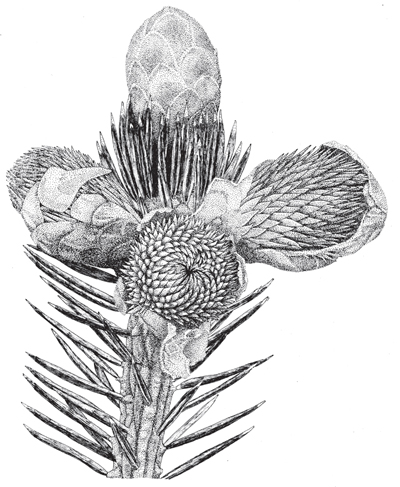
Unfurling buds of Sitka spruce in May. Southeast Alaskans gather these edible tips for preserves and beer-making.
PREFACE FIRST EDITION
Our collective enthusiasm for the natural history of Southeast Alaska precipitated this book. It started with the nature hikes. One of us would collect specimens; another would photograph them or take notes. Identifying things was the most pressing need initially. Then came the questions. How are plants such as yellow skunk cabbage and early blueberry pollinated, since they often bloom before the snow melts and before we see insects flying about? What do short-eared owls eat? Why do some places support towering spruce forests, while others produce only scrubby pines and sphagnum bogs? Whether emerging together or singly from bog or forest, we came to wonder how each small piece fit into the greater puzzle of Southeast Alaskas natural history.
We pored over the available scientific literature, often collecting all the information we could find on a subject. We interviewed resident experts on tree physiology and pathology, landslides, brown bear denning behavior, and marine plankton. As capital of Alaska and headquarters of many state and federal research agencies, Juneau has a pool of professional biologists and geologists perhaps unmatched by any other city its size. And when local knowledge was insufficient, Rita OClair prompted the University of Alaska Southeast to bring in authorities on fungi, lichens, mosses, and insects to teach classes so intensive that our heads would swim dizzily for months afterward with new names and new insights. On a few occasions we set up our own research studies, but mostly we just observed and speculated.
We complemented each other well. Rita had a background in invertebrates and plants, Bob Armstrong in fish and birds, Richard Carstensen in mammals and habitats. Our illustrative skills also dovetailed; Rita and Bob amassed encyclopedic photographic files, while Richard concentrated on ink drawings. We enjoyed teaching each other and dabbling in subjects new to us. We resisted the tendency to specialize, feeling that good generalists were sorely needed, we neednt be embarrassed to be dilettantes, and, finally, being generalists was fun! Slowly we realized we had become naturalists.
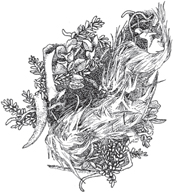
Wolf scat on alpine ridge crest, with toe bone, claw, and sun-bleached hair of hoary marmot.
Eventually our interests and increasing knowledge evolved into the rewarding task of teaching others. We taught courses and workshops in landforms, general biology, ecology, botany, zoology, habitat mapping, postglacial succession, natural history of Glacier Bay, old-growth forests, alpine and subalpine communities, wetlands, intertidal and marine habitats, bird identfication, biology of freshwater fish, migration of Alaskas fishes, nature photography, animal tracks and sign, wild edibles, kayaking, and outdoor survival. We found that teaching others was also the fastest and surest motivation to teach ourselves, and with each class we learned perhaps more than most of our students.


